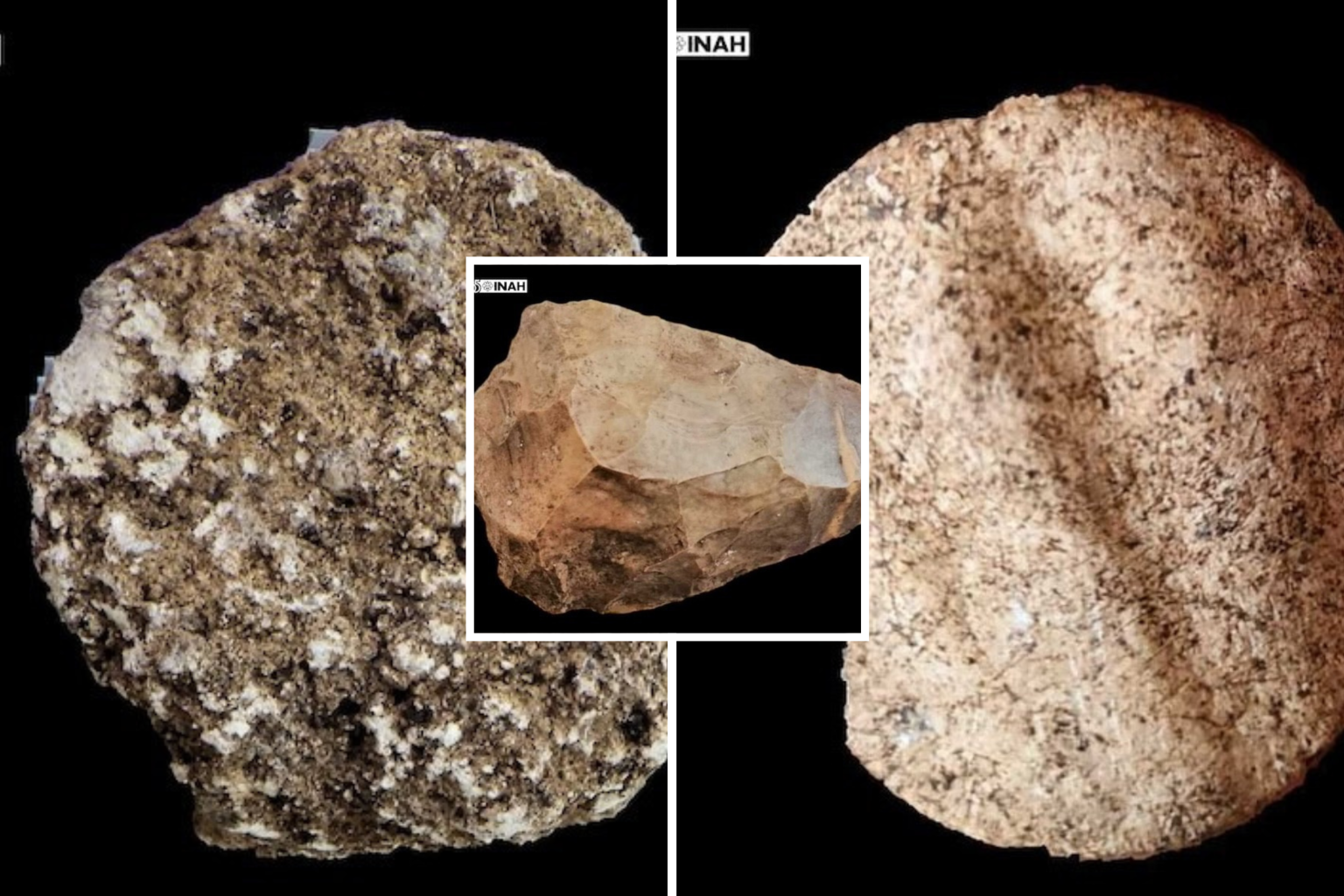Archaeologists in Mexico have discovered an ancient Mayan beekeeping site in Quintana Roo on the Yucatan Peninsula, shedding light on the significance of beekeeping in Mayan culture. This discovery showcases that beekeeping activities were more widespread than previously thought, highlighting the importance of this practice in Mayan society. The Maya civilization, which dates back almost 4,000 years and encompassed regions in modern-day Belize, Guatemala, Honduras, El Salvador, and parts of Mexico, is renowned for its ancient temples, some of which are still standing today. Archaeologists continue to uncover new insights into Mayan culture on a regular basis.
Excavations of the Mayan Train project, led by specialists from the National Institute of Anthropology and History (INAH), revealed artifacts related to ancient Mayan beekeeping practices in Bacalar and Felipe Carrillo Puerto. Among the discoveries were three jobon caps, also known as panuchos, round limestone lids estimated to date back to the Postclassic period (950-1539 A.D.). These caps were used to cover beehives of the Melipona beecheii species, indicating the presence of Mayan beekeeping practices in the southern regions of Quintana Roo. Previous evidence of beekeeping had only been found in the north, making this discovery significant in expanding our understanding of Mayan agricultural practices.
The find of the jobon caps provided strong evidence that the site was a meliponarium, a structure specifically used for beekeeping by the Mayans. Excavations also uncovered other cultural materials, including ceramics, lithics, flint tools, a decorated casket, and items reflecting daily life in ancient Mayan society. These discoveries offer valuable insights into the lives of common people who were not part of the elite ruling class, providing a deeper understanding of Mayan culture as a whole. The significance of beekeeping in Mayan society is further highlighted by these findings, showcasing the diverse agricultural practices of the people who once inhabited the region.
Archaeologist Raquel Liliana Hernández Estrada, who coordinated the dig, emphasized that these discoveries contribute to a deeper understanding of Mayan culture and shed light on the daily lives of the people who lived in the region. The artifacts unearthed provide valuable insights into the agricultural practices and daily activities of the Maya civilization, enriching our knowledge of this ancient society. The team’s efforts in uncovering the ancient beekeeping site as part of the Mayan Train project demonstrate the importance of protecting archaeological finds and ensuring that these insights into the past are preserved for future generations to study and appreciate.
The discovery of the Mayan beekeeping site adds to the growing body of knowledge about Mayan culture and underscores the importance of beekeeping in their society. By expanding our understanding of Mayan agricultural practices and everyday life, these findings contribute to a more comprehensive view of the civilization’s history and traditions. As archaeologists continue to uncover new evidence and make significant discoveries, the mysteries of the Maya civilization are slowly being unraveled, providing a glimpse into the rich cultural heritage of this ancient society. Newsweek is committed to showcasing these scientific breakthroughs and challenging conventional wisdom to find common ground in the search for knowledge.








